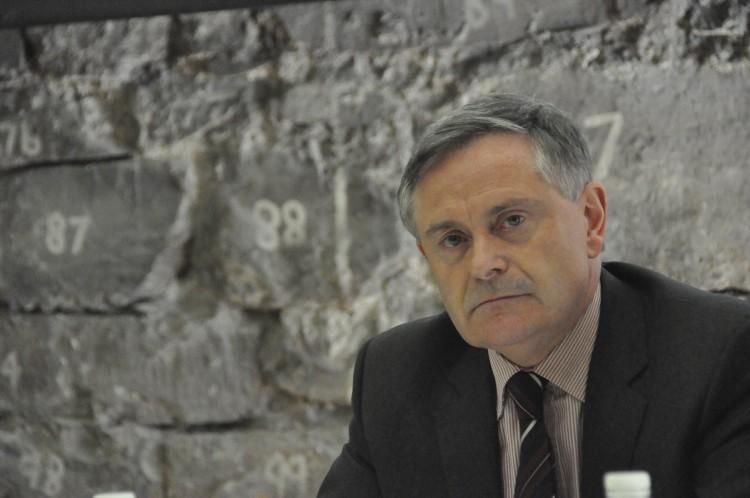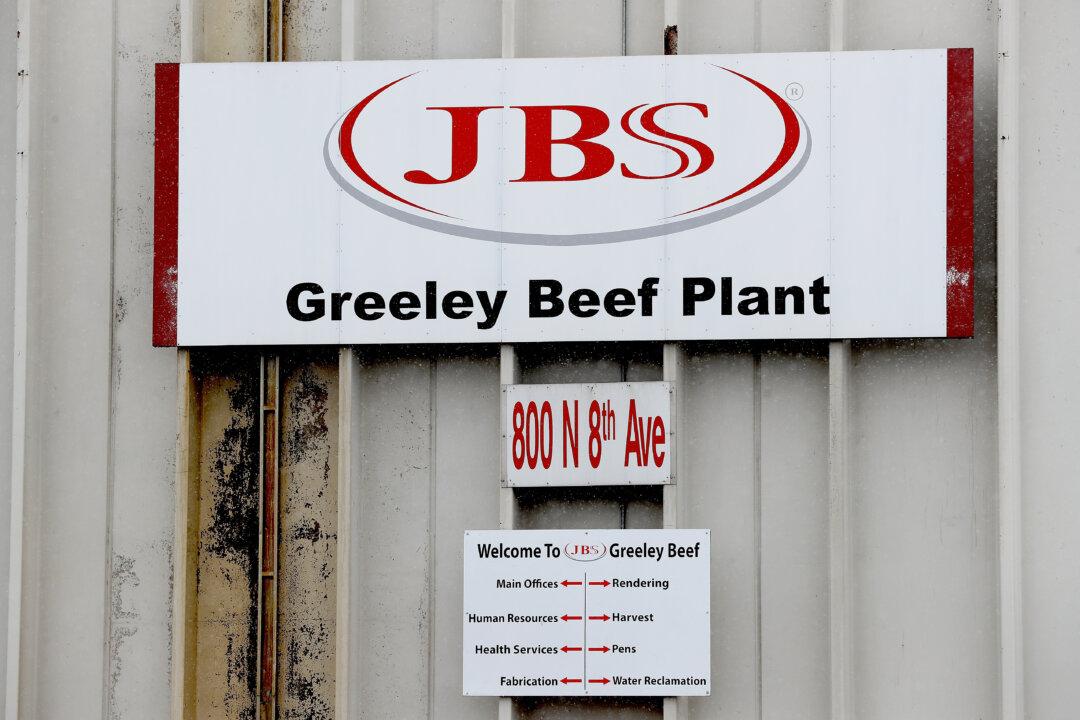Transparency International Ireland (TI Ireland) has welcomed the publication of proposals for new legislation to improve protection for whistleblowers in both the public and private sectors.
The Protected Disclosure in the Public Interest Bill was published last week by the Minister for Public Expenditure and Reform, Mr Brendan Howlin, TD, who said the government had promised to “legislate to protect whistleblowers who speak out against wrongdoing or cover-ups” in either sector of the economy.
The spectrum of wrongdoing covered by the legislation is to include, among others, criminal misconduct, corruption, breach of legal obligations, health and safety risks, environmental damage, and mismanagement of public services.
Mr Howlin said the Bill will provide, for the first time in Ireland, “a single overarching framework protecting whistleblowers in a uniform manner in all sectors of the economy.” This would be a huge advancement from the previous piecemeal approach, he said, which was fragmented and confusing.
Mr John Devitt, Chief Executive of TI Ireland, welcomed the safeguards offered to employees disclosing information on misconduct to their employers, the authorities, TDs, or the press.
“This legislation could be as important as the original Freedom of Information Act in protecting the public interest,” said Mr Devitt. “There are some improvements to be made, but I think we’re on the right track.”
According to TI Ireland, the new legislation is influenced by existing whistleblower regulations in the UK and New Zealand, as well as international principles and research conducted by TI and other international organisations.
However, Mr Eugene McErlean, former head of group-wide auditing at Allied Irish Banks, sounded a note of caution on the government proposals.
Speaking on Morning Ireland on RTE Radio 1, Mr McErlean echoed Transparency International in their description of the legislation as a positive step in the right direction. However, he said the Bill should also be examined from a practical point of view. It is of critical importance, according to Mr McErlean, to guarantee anonymity to whistleblowers. He cited international research as proof that potential whistleblowers must have confidence that, should they report misdeeds, their identity will not be revealed.






